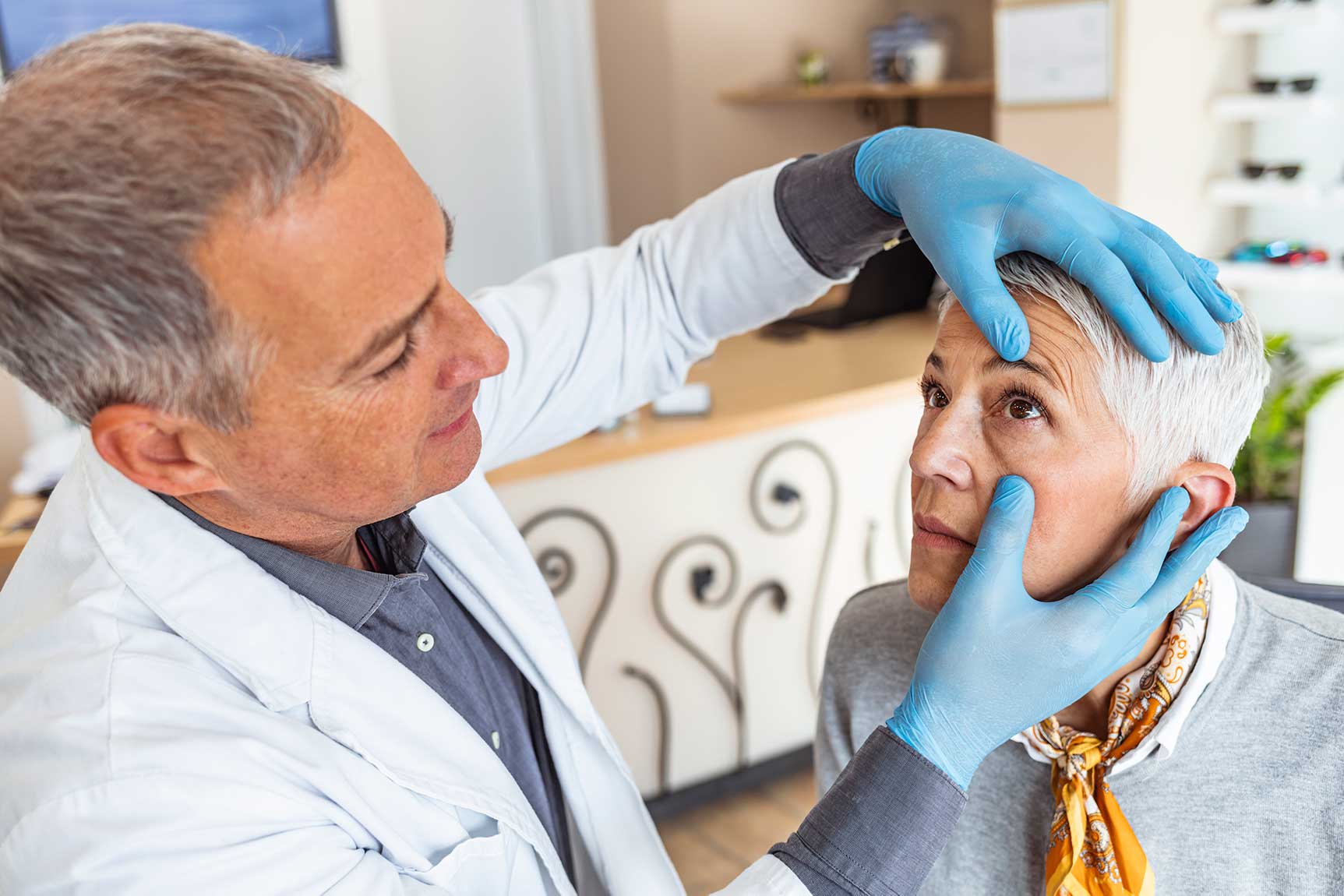Your eyes are a vital part of your overall well-being, allowing you to experience the world around you. However, it’s easy to take them for granted until problems arise. Did you know that eye health is closely linked to your overall health? According to the World Health Organization, about 285 million people worldwide live with visual impairment, and many of these cases could have been prevented or treated with proper eye care. In this blog post, we will explore the importance of eye health and provide you with essential tips for maintaining optimal vision.
Understanding Vision Care
The Basics of Vision
To better care for your eyes, it’s essential to understand how they work. Your eyes are intricate organs that allow you to see and perceive the world. The cornea, lens, retina, and optic nerve work together to transmit visual information to your brain. However, various vision problems can affect this process. Common conditions include myopia (nearsightedness), hyperopia (farsightedness), astigmatism, and presbyopia (age-related vision changes).
Signs of Vision Issues
Recognizing the signs of vision issues is crucial for early intervention. Blurred vision, difficulty focusing, eye strain, fatigue, frequent headaches, migraines, and dry or itchy eyes are common symptoms that indicate potential vision problems. If you experience any of these symptoms, it’s essential to consult an eye care professional for a comprehensive examination.
Maintaining Optimal Eye Health
Healthy Lifestyle Habits for Your Eyes
A balanced diet plays a significant role in eye health. Include foods rich in antioxidants, vitamins A, C, and E, omega-3 fatty acids, and zinc in your diet. Leafy green vegetables, citrus fruits, fish, nuts, and carrots are excellent choices for promoting eye health. Additionally, staying hydrated is essential for maintaining optimal eye moisture.
Protecting Your Eyes from Environmental Factors
Shielding your eyes from harmful ultraviolet (UV) rays is vital. Whenever you’re outdoors, wear sunglasses that provide 100% UV protection. Moreover, during activities and sports that pose a risk of eye injury, use protective eyewear to prevent accidents. Furthermore, limit your screen time and take regular breaks to reduce digital eye strain. Follow the 20-20-20 rule: every 20 minutes, look away from your screen and focus on an object 20 feet away for 20 seconds.
Essential Eye Care Practices
Regular Eye Examinations
Regular eye examinations are key to maintaining good eye health. Even if you don’t currently experience vision problems, routine eye exams can detect potential issues early on. The frequency of eye exams varies based on age and risk factors. Children should have their first comprehensive eye exam at around 6 months of age, while adults should have one every 1-2 years, or as recommended by their eye care professional. During an eye exam, your optometrist or ophthalmologist will check your visual acuity, assess eye health, and evaluate any refractive errors.
Proper Contact Lens Care
If you wear contact lenses, proper care is essential to prevent eye infections and complications. Follow the hygiene practices recommended by your eye care professional, such as washing your hands before handling lenses, using appropriate contact lens solutions, and replacing them as instructed. It’s crucial to adhere to the recommended wearing schedule and avoid wearing lenses for longer than recommended.
Rest and Eye Exercises
Extended periods of near work, such as reading or using digital devices, can strain your eyes. Take regular breaks to rest your eyes and prevent eye fatigue. Every 20 minutes, look away from your screen and focus on an object in the distance. Additionally, incorporate eye exercises into your routine to improve focus and reduce strain. Simple exercises like eye rolling, blinking, and focusing on different distances can help keep your eyes healthy.
When to Seek Professional Help
Recognizing Eye Conditions and Symptoms
Certain eye conditions require prompt attention. Cataracts, glaucoma, macular degeneration, and diabetic retinopathy are among the common eye conditions that can cause vision loss if left untreated. Be aware of symptoms such as sudden changes in vision, severe eye pain, double vision, floaters, flashes of light, or a curtain-like shadow obscuring your vision. If you experience any of these symptoms, seek immediate professional help.
Consulting an Eye Care Professional
When it comes to eye care, there are different types of eye care professionals, including optometrists and ophthalmologists. Optometrists are primary eye care providers who conduct eye exams, prescribe corrective lenses, and diagnose and manage certain eye conditions. Ophthalmologists are medical doctors who specialize in eye care, including surgery, treatment of eye diseases, and complex eye conditions. Choose the right eye care provider based on your specific needs and preferences.
Conclusion:
Taking care of your eyes is essential for maintaining good vision and overall well-being. By understanding the basics of vision care, adopting healthy lifestyle habits, protecting your eyes from environmental factors, practicing essential eye care, and knowing when to seek professional help, you can promote optimal eye health. Remember, regular eye examinations and proactive care are the keys to preserving your vision for years to come. Prioritize your eye health, and let your eyes continue to be your windows to the world.




